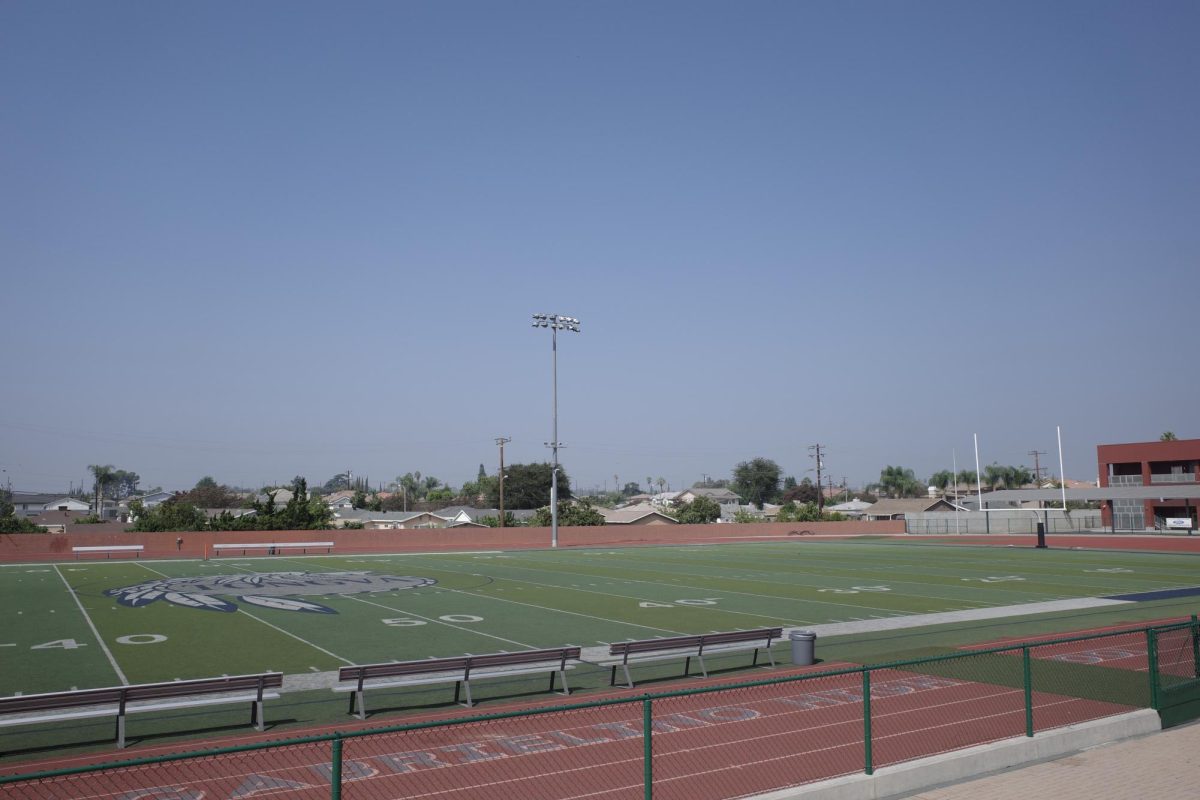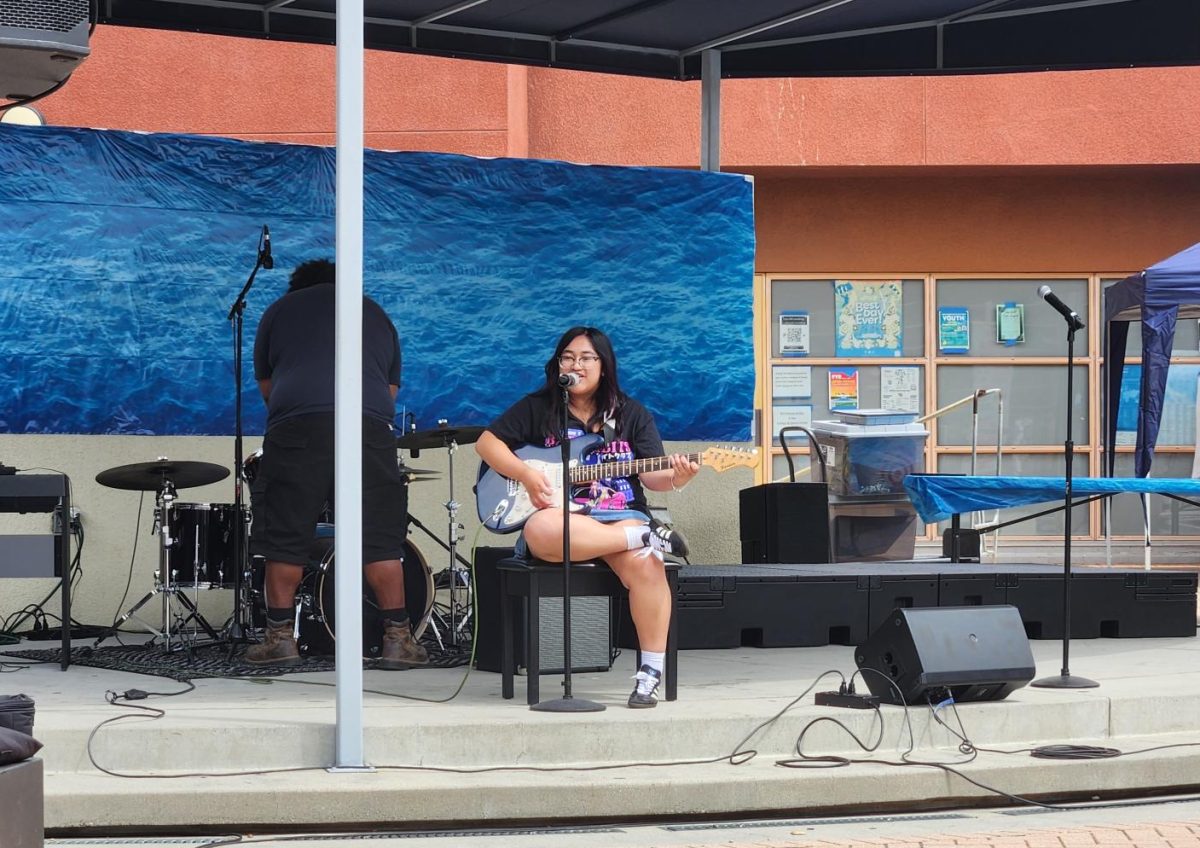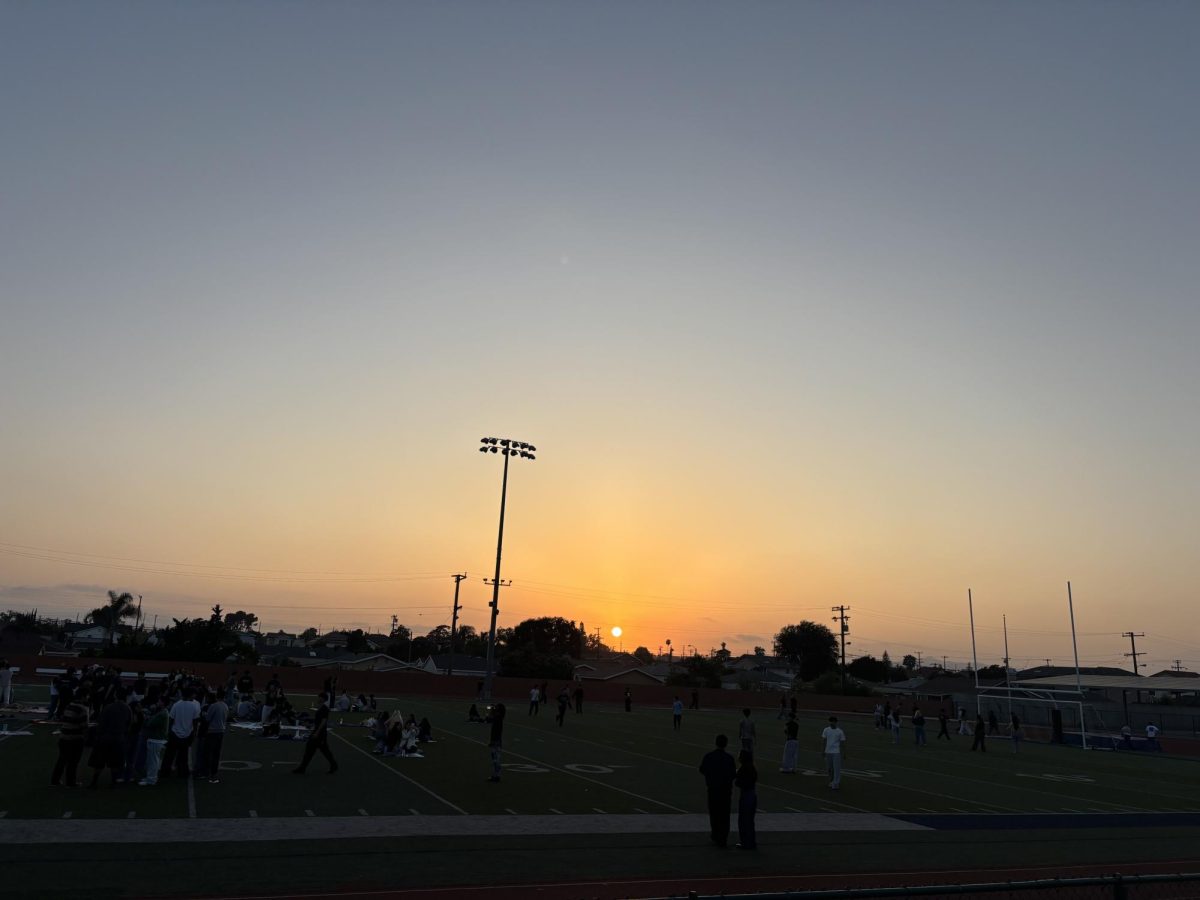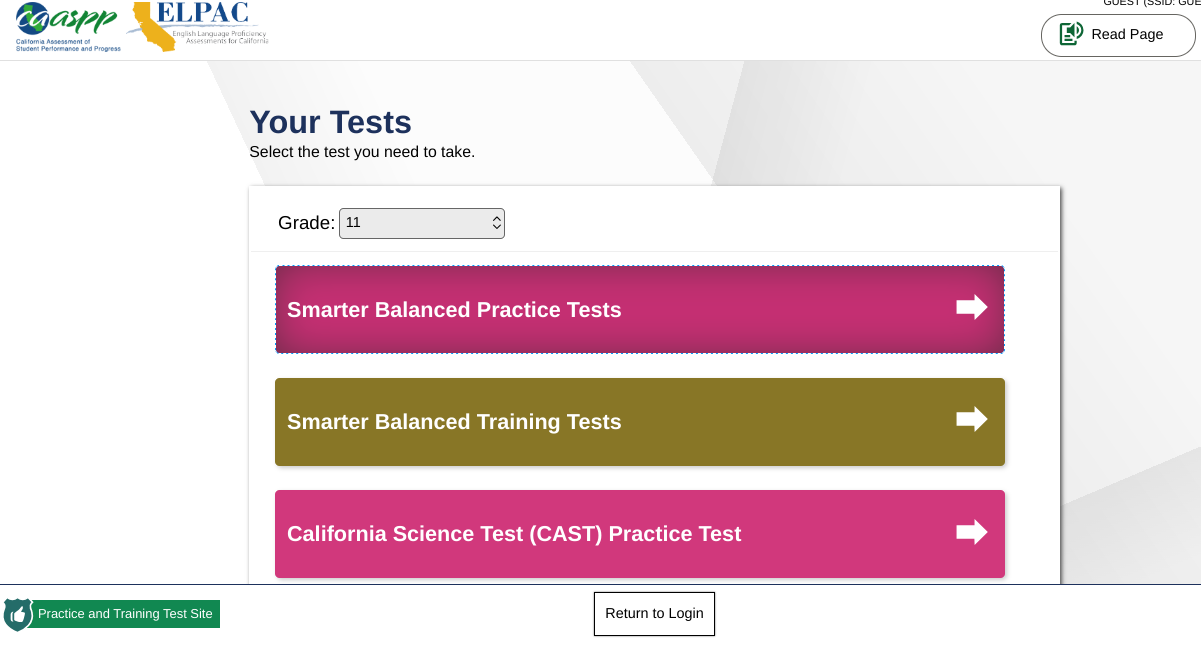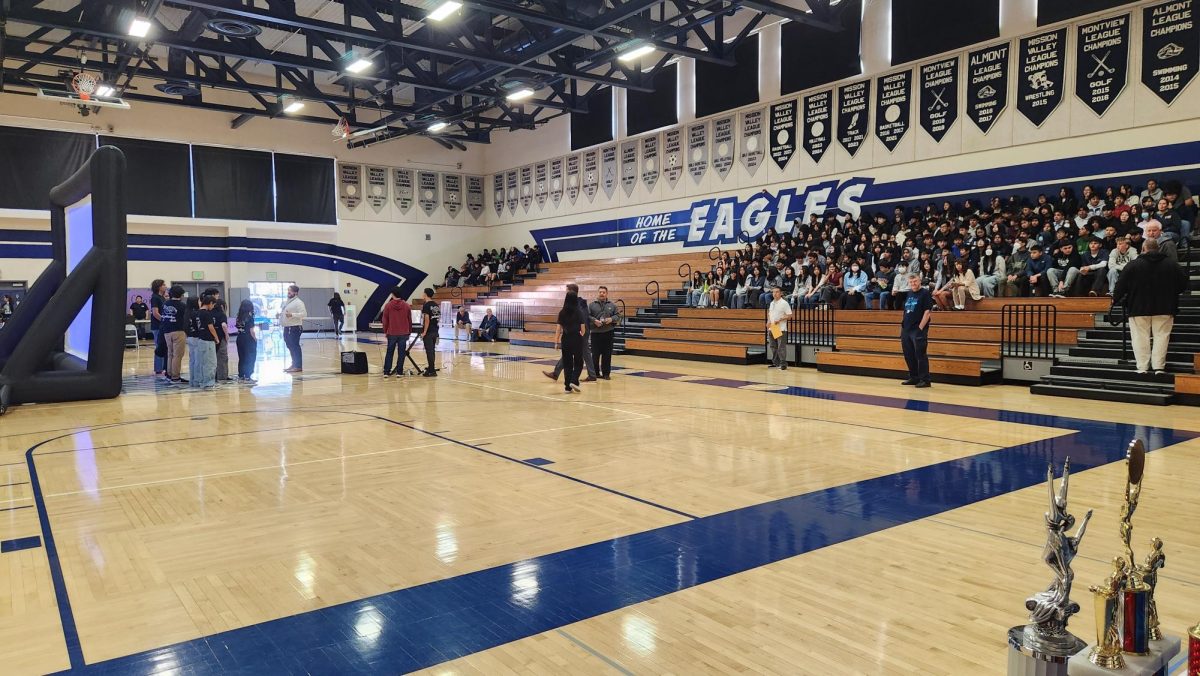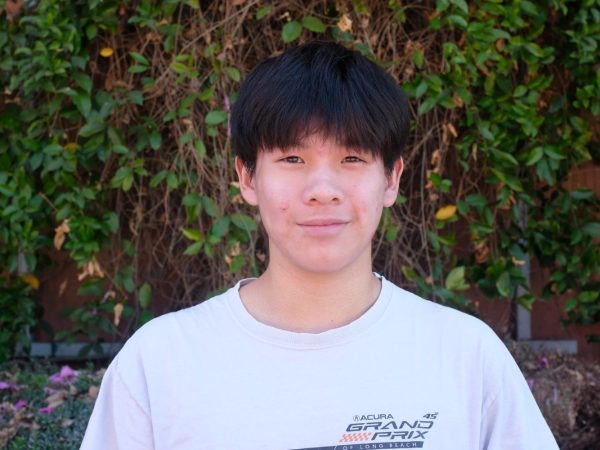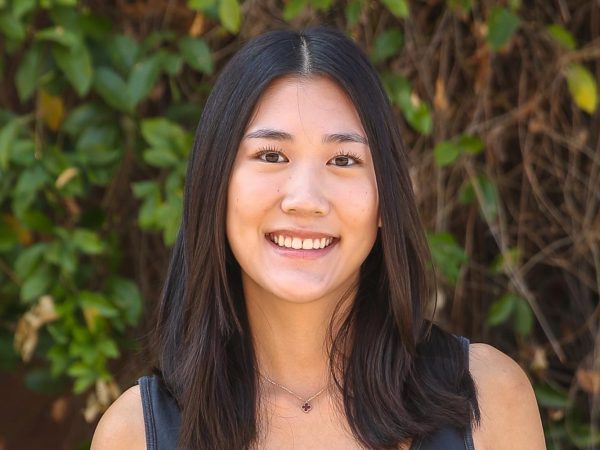Beginning with the 2024-2025 school year, Gabrielino High School is enforcing a previously existing policy that had not been enforced in recent years, requiring all student-athletes to participate in 6th period athletic conditioning, a change from when upperclassmen were not required to attend.
The re-enforcement of this policy has raised concerns among students who feel that conditioning interferes with their academics and extracurricular activities. The athletic directors and administration emphasize that this is not a new policy but a return to the original requirements, which had deviated over the past few years.
Gwendolyn Chu, co-captain of the girls swim team, voiced the concerns of herself and her fellow swimmers. “Many people have extracurricular activities like work or volunteering. I also have commitments after school that I can’t go to conditioning for and because of this policy, I see many swimmers questioning whether they want to return or not because, not only do they not have time, but conditioning can also be very taxing, especially if they’re a club swimmer,” Chu stated.
Chu emphasized that many swimmers are already part of club teams and see the extra conditioning as unnecessary.
“Club swimmers do go to practice after school most days, so going to conditioning is unnecessary and can just tire us out more,” Chu added.
Junior Van Tran expressed frustration over how the policy disrupted her academic schedule.
“I dislike the policy a lot because I had to replace my journalism class with athletic conditioning. I don’t understand the mandatory conditioning, as I’ve finished my 2 year PE requirement.”
Similarly, senior Tyler Bernardo, a wide receiver for the boys varsity football team, mentioned how the mandate might interfere with students’ responsibilities outside of school.
“If you have a job, the athletic conditioning mandate could be taking off your rest time before a shift,” Bernardo stated.
Athletic director Edith Gonzalez aimed to clarify some misunderstandings surrounding the policy, particularly the belief that only students enrolled in conditioning can try out for sports.
“Anybody can try out. If a student, like an incoming freshman, didn’t attend summer camps, they can still try out. If they make the team, their schedules will be adjusted to include 6th period athletics.”
When it comes to returning athletes, Gonzalez explains, “Some coaches don’t have their returners try out. Tryouts for returners is all up to the coach.”
According to athletic director Andres Diosdado, the enforcement is simply a return to the original policy.
“The policy was always that any athlete in a sport is supposed to be in 6th period conditioning. For some reason, the last 2-3 years, it deviated from that policy, so we’ve been asked this year to correct it,” Diosdado shared.
Vice Principal Kevin Murchie reflected on the reasons for the deviation of the policy in recent years.
“There’s been a lot of turnover with admin the last couple years—three principals in three years, plus many assistant principals. Admin is the system that oversees everything, so with all that influx and problems that were being dealt with there, the system started to break down,” Murchie explained.
Murchie also mentioned that other factors, such as programming issues and coach decisions, contributed to the deviation from the policy.
“I think the other thing that happened is with programming. Students were asking about the policy and returning athletes were pointing out, ‘well I didn’t do this last year’ or ‘so and so didn’t do this last year’ so it’s almost like it created its own precedent. The third component would be the coaches. Some of the coaches were allowing it to happen.”
Despite the challenges, the administration remains firm on the new enforcement. In response to student concerns about the necessity of conditioning after fulfilling their two-year PE requirements, Gonzalez addressed this perspective directly.
“As an athlete, you have to change your perspective on that. Athletic conditioning is not about PE; getting PE credit as a freshman and sophomore is like a bonus of being in the sport,” Gonzalez stated.
“Juniors and seniors are the leadership of the team, and if they’re not in 6th period conditioning, it raises questions about their dedication to the program. We don’t do recreational sports here, and we are providing competitive programs.”
Looking ahead, Gonzalez revealed that stricter enforcement is coming in the future. “If a coach is willing to work with it this year, this will be the last year. Starting next year, if you’re going to be on a team, you’re expected to be in 6th period athletic conditioning,” Gonzalez said firmly.
Additionally, Murchie acknowledged that the enforcement of the policy had been inconsistent in the past but explained that this year’s focus is on restoring order and clarity.
“Moving forward, we’re working to get more consistent and better at getting the programs and schedules right the first time. It’s not a black-and-white rule, but something we aim to follow 99% of the time. When exceptions arise, we’ll handle them case by case by talking to everyone involved.”
While students continue to express concerns, the administration and coaches are working to ensure that the policy is clearly communicated and followed, with plans to maintain consistent enforcement in upcoming years.

